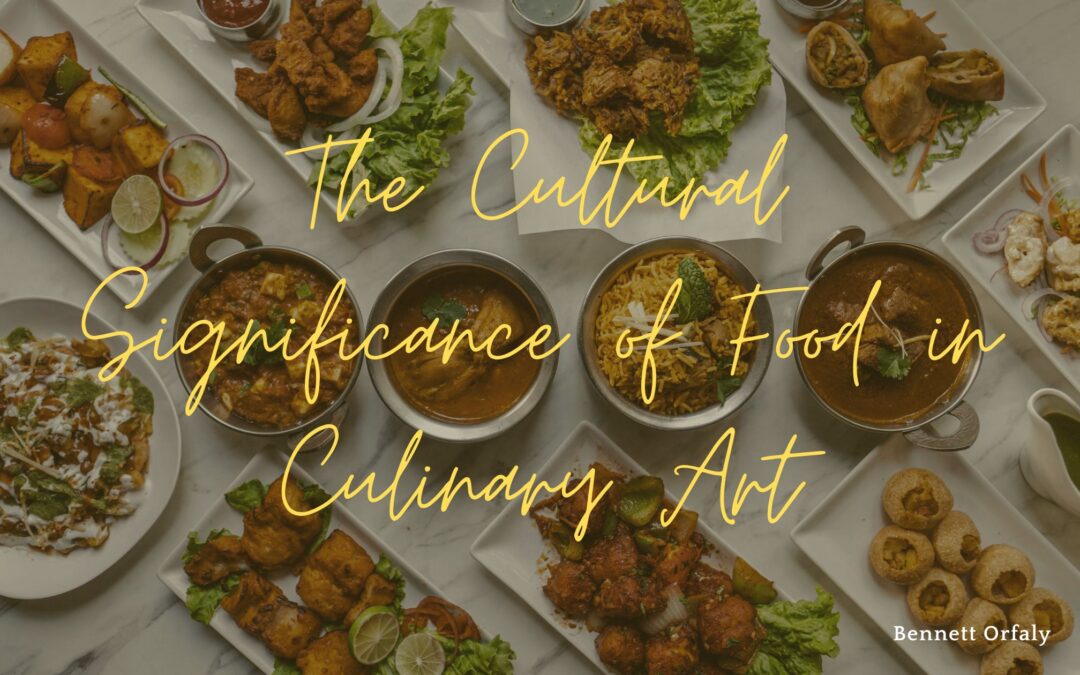Food is a powerful medium that transcends borders, connecting individuals and communities through shared experiences and traditions. The cultural significance of food goes beyond mere sustenance; it embodies history, identity, and social values. This blog explores the profound impact of cultural heritage on culinary art and how it shapes our understanding and appreciation of food.
Food as a Reflection of Identity
Culinary traditions often serve as a reflection of cultural identity. The dishes people prepare and share are deeply rooted in their heritage, showcasing regional ingredients, flavors, and cooking techniques. For instance, the use of spices in Indian cuisine, the emphasis on freshness in Japanese cooking, and the comforting heartiness of Italian dishes all tell unique stories about their respective cultures.
As people migrate and interact with different cultures, they bring their culinary traditions with them, leading to a rich tapestry of flavors and cooking styles. This blending of cuisines fosters a deeper appreciation for cultural diversity and encourages exploration of unfamiliar foods.
Culinary Traditions and Rituals
Many cultures incorporate food into rituals and celebrations, emphasizing its significance in social gatherings and communal events. Traditional dishes are often prepared for holidays, weddings, and festivals, serving as a means of preserving cultural heritage and fostering connections within families and communities.
For example, during the Lunar New Year, families prepare dumplings as a symbol of prosperity and good fortune. In Mexican culture, the preparation of tamales during Día de los Muertos honors deceased loved ones and celebrates their memory. These culinary traditions not only preserve cultural practices but also strengthen family bonds and community ties.
The Role of Food in Storytelling
Food is an essential element of storytelling, allowing individuals to share their experiences, histories, and values. Culinary narratives often highlight the journey of a dish, from its origins to its evolution over time. Sharing recipes passed down through generations creates a sense of connection and continuity within families.
In addition, food can serve as a powerful medium for discussing broader social issues. For example, documentaries exploring food systems and sustainability highlight the importance of ethical sourcing and environmental impact, prompting meaningful conversations about our relationship with food.
The Globalization of Cuisine
In our interconnected world, globalization has significantly influenced culinary art. The exchange of ingredients, techniques, and cultural practices has led to the emergence of diverse fusion cuisines. While this globalization fosters creativity and innovation, it also raises questions about cultural appropriation and the preservation of traditional culinary practices.
Chefs and home cooks must navigate this landscape with sensitivity and respect, acknowledging the cultural significance of the dishes they create and share. By honoring the origins of a cuisine, cooks can promote cultural appreciation and celebrate the diversity that enriches our culinary experiences.
Conclusion
Food is a powerful cultural artifact that connects individuals to their heritage and community. Understanding the cultural significance of food deepens our appreciation for culinary art and the stories it tells. As we explore diverse cuisines and traditions, we can celebrate the rich tapestry of flavors that shape our world while fostering connections and understanding among cultures.
By honoring culinary traditions and embracing the cultural narratives behind our food, we can elevate the art of cooking and create meaningful experiences that nourish both body and soul.
